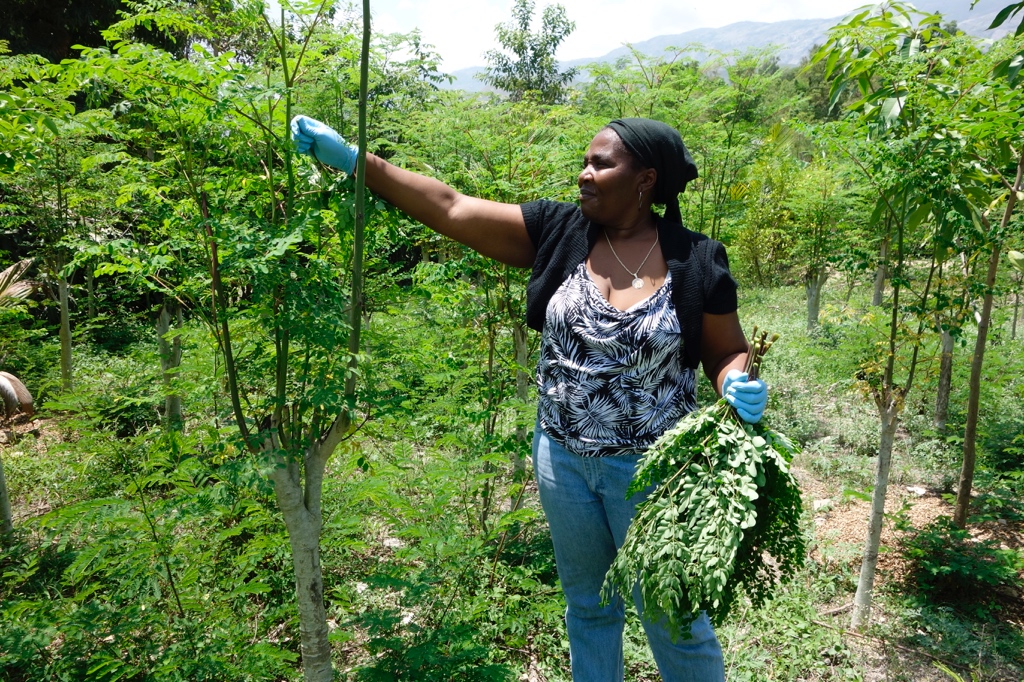
Above: Madame Lalan from Haiti harvests moringa. She is the leader of a 900-member rural women’s association that recently expanded to grow moringa. Read her story here.
Other superfoods have taken the fast road to stardom among wealthy, health-conscious consumers, but unfortunately, the places where those superfoods are sourced often get left in the dust (we’re looking at you, açaí and soy). Kuli Kuli may seem like just another start up attempting to launch an exotic superfood to stardom, but Kuli Kuli is actually a company with a deeper social mission, looking to provide solutions for local communities and important global problems.
This Oakland, CA-based brand was created with a clear purpose: to share moringa’s nutritional value with the world. As a certified B Corporation, Kuli Kuli prioritizes its environmental and social mission ahead of profit.
Lisa Curtis, Kuli Kuli’s CEO, witnessed moringa’s potential to combat malnutrition when she was in Niger, Africa, on a Peace Corps mission. After a few months, Lisa began to feel fatigued as a result of malnutrition. A village nurse gave her kuli kuli, a local peanut snack, and some moringa leaves. Within a few weeks, Lisa had regained her energy.
“That was when I began to comprehend what a huge role moringa could play in solving worldwide hunger.” – Lisa Curtis, Huffington Post
Read Lisa’s full story on the Huffington Post >>
When Lisa witnessed the miracle of her weakness lifting through the power of moringa, she wondered why the leafy green wasn’t being used to treat malnutrition. Other programs to grow the hardy, nutritious plant existed in the region, but had been largely unsuccessful because there was no market demand.
Kuli Kuli’s social mission is to create a sustainable solution to this problem. Here’s how it works:
1. Sustainable Employment
Kuli Kuli creates sustainable jobs and income by paying above market wages and agricultural training. Many of the women we work with make five to ten times the average income in their region. This money is usually used for food and investing in further education for their children.
2. Community Investment
Kuli Kuli supports farming cooperatives that teach women to grow, process and incorporate nutrient-rich moringa into their families’ diets, reducing malnutrition. We import a portion of the moringa to the US for our bars, creating an international market for moringa and investing money back into local economies. A percentage of online sales also help support nonprofits working with moringa to reduce malnutrition.
3. Global Consumer Market
Kuli Kuli is building Fair Trade 2.0, a way for consumers in the U.S. to gain access to superfoods while encouraging farmers in the developing world to grow and utilize more local nutritious plants. By carefully managing our supply chain to source only a portion of each harvest for Western consumption and by paying fair wages, we can ensure that superfoods like moringa benefit those who need them the most.
4. Environmental Protection
Kuli Kuli has planted over 200,000 drought-resistant moringa trees in some of the driest and most unforgiving environments, like the deserts of Africa and the deforested landscape of Haiti.
By driving sales through smart marketing and by creating an innovative business model, Kuli Kuli is able to provide solutions that help end deforestation, create jobs, and bring sustainable incomes to farmers in Ghana, Haiti, and Nicaragua. Ultimately, the company aims to expand to other regions and continue fighting malnutrition until it becomes a mere memory of the past.

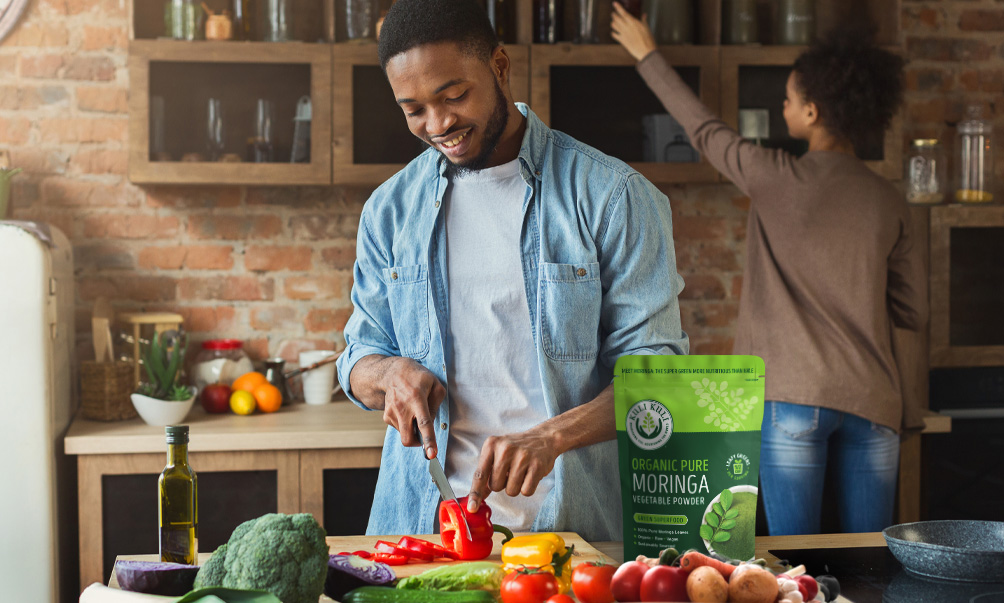
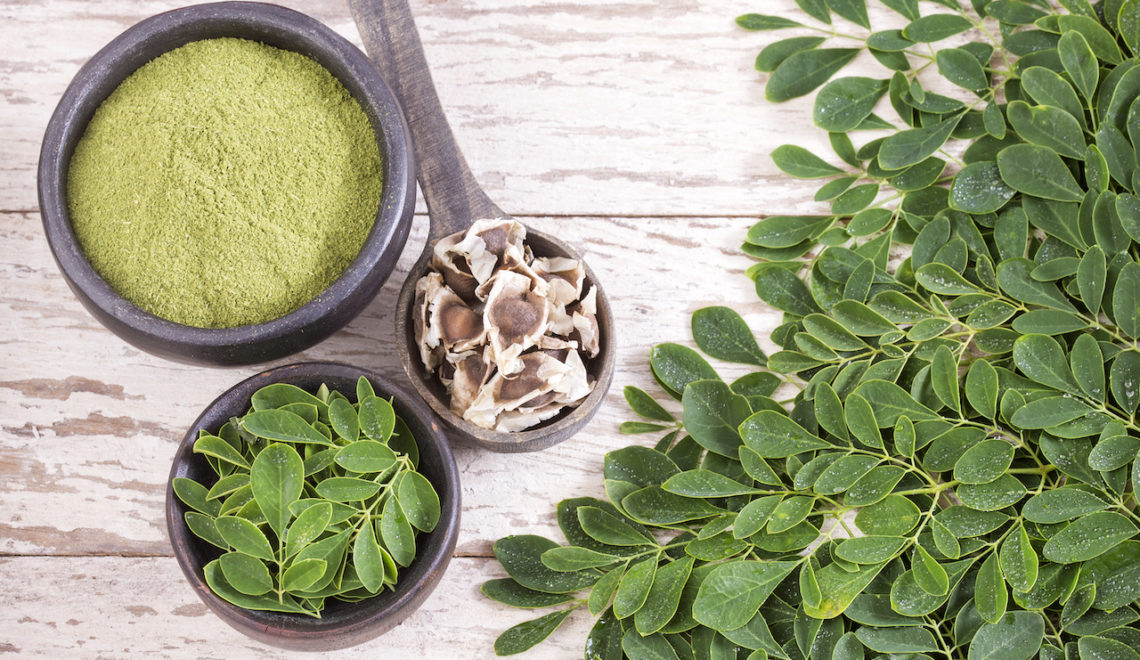
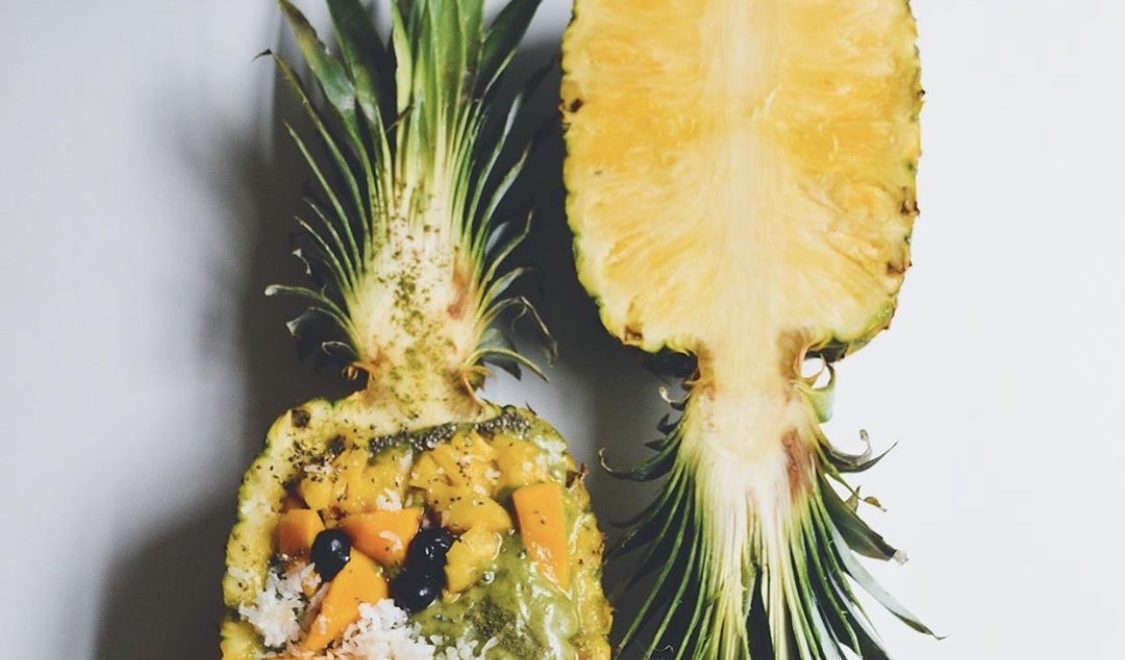





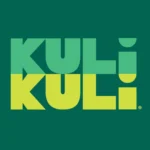

Good morning
I hope you well I have100 by 100 hectors of planted morning .but the challenge so far is finding the Market for my Moringa .and I have still have challenge of packaging staff especially Moringa powered.
I would love to work with you or to helpe with guidelines I’m rural female who have big ambition about Moringa.
I would be very happy if you manage to reply me on your buddy schedule.
Thanking you in advance
Regards
Thembelihle Rebecca Ngcobo (MS)